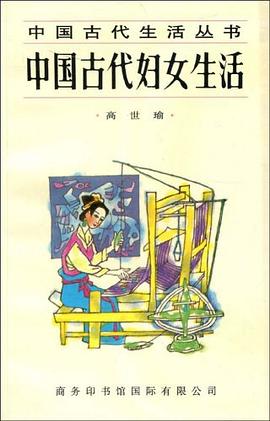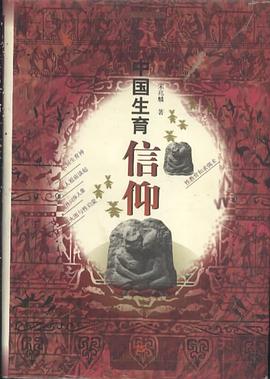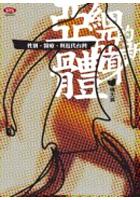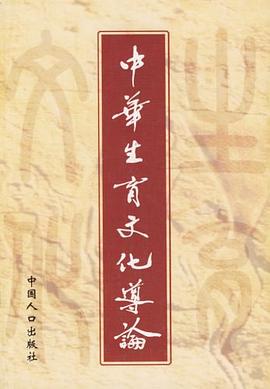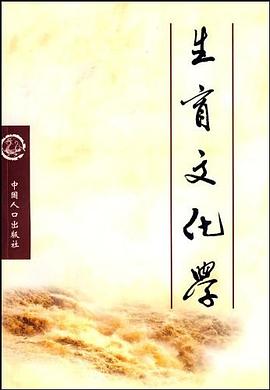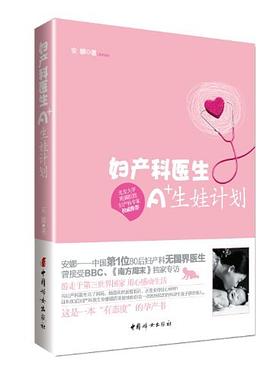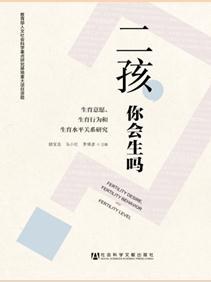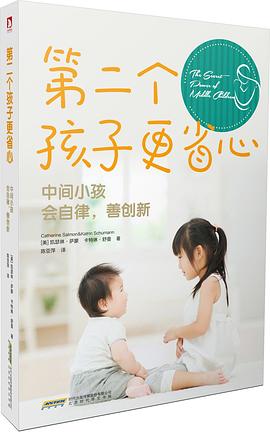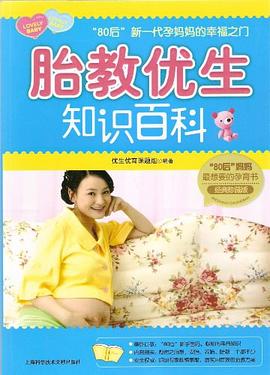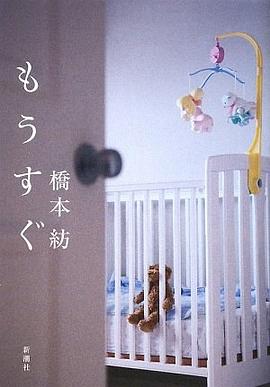

具體描述
In contemporary Western society, people are more often called upon to justify the choice not to have children than they are to supply reasons for having them. In this book, Christine Overall maintains that the burden of proof should be reversed: that the choice to have children calls for more careful justification and reasoning than the choice not to. Arguing that the choice to have children is not just a prudential or pragmatic decision but one with ethical repercussions, Overall offers a wide-ranging exploration of how we might think systematically and deeply about this fundamental aspect of human life. Writing from a feminist perspective, she also acknowledges the inevitably gendered nature of the decision; the choice has different meanings, implications, and risks for women than it has for men. After considering a series of ethical approaches to procreation, and finding them inadequate or incomplete, Overall offers instead a novel argument. Exploring the nature of the biological parent-child relationship -- which is not only genetic but also psychological, physical, intellectual, and moral -- she argues that the formation of that relationship is the best possible reason for choosing to have a child.
著者簡介
Christine Overall is Professor of Philosophy and University Research Chair in the Department of Philosophy at Queen's University, Kingston, Ontario. She is the author of Aging, Death, and Human Longevity: A Philosophical Inquiry and other books.
圖書目錄
2. Reproductive Freedom, Autonomy, and Reproductive Rights
3. When Prospective Parents Disagree
4. Deontological Reasons for Having Children
5. Consequentialist Reasons for Having Children
6. Not "Better Never to Have Been"
7. An Obligation Not to Procreate?
8. Illness, Impairment, and the Procreation Decision
9. Overpopulation and Extinction
10. Procreation, Values and Identity
· · · · · · (收起)
讀後感
評分
評分
評分
評分
用戶評價
Christine Overall認為,不存在的人沒有道德價值,生育既不能提升總體幸福度,也並不能使母體獲得更好的健康數據,這些觀點雖然已存在瞭很長時間,但Overall可能是試圖對相關倫理學研究數據進行係統化總結的第一人。對生存價值的論述存在邏輯錯誤及引用缺失。
评分Christine Overall認為,不存在的人沒有道德價值,生育既不能提升總體幸福度,也並不能使母體獲得更好的健康數據,這些觀點雖然已存在瞭很長時間,但Overall可能是試圖對相關倫理學研究數據進行係統化總結的第一人。對生存價值的論述存在邏輯錯誤及引用缺失。
评分Christine Overall認為,不存在的人沒有道德價值,生育既不能提升總體幸福度,也並不能使母體獲得更好的健康數據,這些觀點雖然已存在瞭很長時間,但Overall可能是試圖對相關倫理學研究數據進行係統化總結的第一人。對生存價值的論述存在邏輯錯誤及引用缺失。
评分Ideal and theoretical. Overall argues that while reproductive rights must be respected, there are no solid reasons to procreate or not to procreate. Few arguments really stands out: 1. female autonomy, 2. moral responsibility towards one's children, 3. obligation? to bring the best possible child, 4. whether all/most existence is worth a while.
评分Christine Overall認為,不存在的人沒有道德價值,生育既不能提升總體幸福度,也並不能使母體獲得更好的健康數據,這些觀點雖然已存在瞭很長時間,但Overall可能是試圖對相關倫理學研究數據進行係統化總結的第一人。對生存價值的論述存在邏輯錯誤及引用缺失。
相關圖書
本站所有內容均為互聯網搜索引擎提供的公開搜索信息,本站不存儲任何數據與內容,任何內容與數據均與本站無關,如有需要請聯繫相關搜索引擎包括但不限於百度,google,bing,sogou 等
© 2025 book.quotespace.org All Rights Reserved. 小美書屋 版权所有





